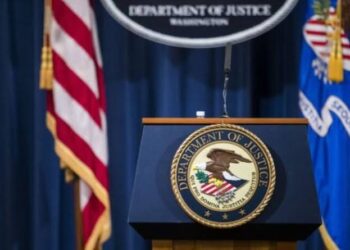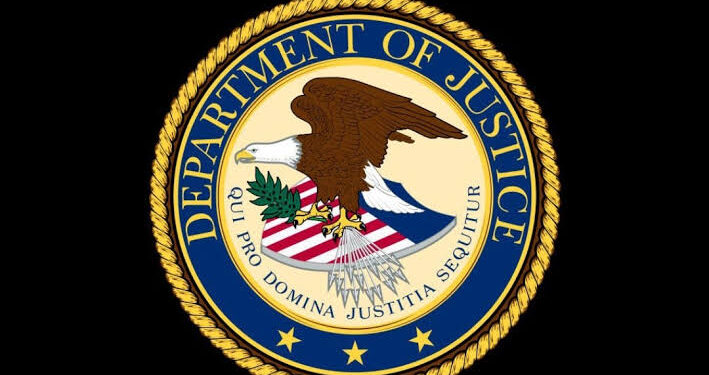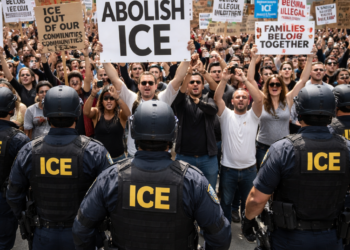A Nigerian man, formerly residing in Massachusetts, pleaded guilty to his involvement in schemes to launder criminal proceeds from fraud and obtaining a United States passport through false statements.
Why It Matters
This case highlights the ongoing threat of sophisticated fraud schemes, such as business email compromises (BECs), which target businesses by impersonating trusted parties. The plea shows the serious consequences of participating in such schemes and the efforts by U.S. authorities to combat financial fraud and passport fraud.
What They Are Saying
Chukwunonso Obiora, 36, pleaded guilty to one count of passport fraud conspiracy and one count of money laundering conspiracy. United States District Judge Indira Talwani scheduled his sentencing for October 8, 2024. Obiora was arrested in October 2023 in Atlanta, Georgia, and has been held pending trial. He was indicted in January 2024.

According to the charging documents, between March 2021 and May 2023, Obiora and his co-conspirators orchestrated a scheme to receive and launder proceeds from BECs. These schemes involved impersonating trusted business contacts to trick companies into sending money to accounts controlled by the conspirators. Obiora admitted to leading and organizing the money laundering conspiracy.
Scheme Details
Obiora and his co-conspirators executed the money laundering scheme by first obtaining victims’ identification to create fake documents and open bank accounts and then using these accounts to receive fraudulent wire transfers from victim companies. After this, they withdrew and redistributed the funds quickly to prevent detection and lastly conceal the conspiracy by forging business invoices and providing false information to banks.
The group shared approximately 40% of the laundered funds among themselves, engaging in at least $6.5 million in fraudulent transactions over two years.
Passport Fraud
After being removed from the United States in December 2021, Obiora conspired with a relative to obtain a U.S. passport in the relative’s name. The relative falsely reported the passport as lost or stolen and applied for a new one, which contained Obiora’s photograph. Obiora used this passport to re-enter the U.S. in October 2023, posing as his relative.
Legal Consequences
The charge of passport fraud conspiracy carries a potential sentence of up to five years in prison, three years of supervised release, and a fine of up to $250,000. The money laundering conspiracy charge carries a potential sentence of up to 20 years in prison, three years of supervised release, and a fine of up to $500,000 or twice the amount of the financial transactions involved. Sentences will be determined based on the U.S. Sentencing Guidelines and statutes governing criminal cases.
Bottom Line
This case serves as a stark reminder of the severe penalties for engaging in fraudulent activities and the lengths to which law enforcement will go to prosecute such crimes. Acting United States Attorney Joshua S. Levy and Michael J. Krol, Special Agent in Charge of Homeland Security Investigations New England, made the announcement, with valuable assistance from the U.S. Department of State’s Diplomatic Security Service, Criminal Investigations Division. Assistant U.S. Attorney Seth B. Kosto is prosecuting the case.

















